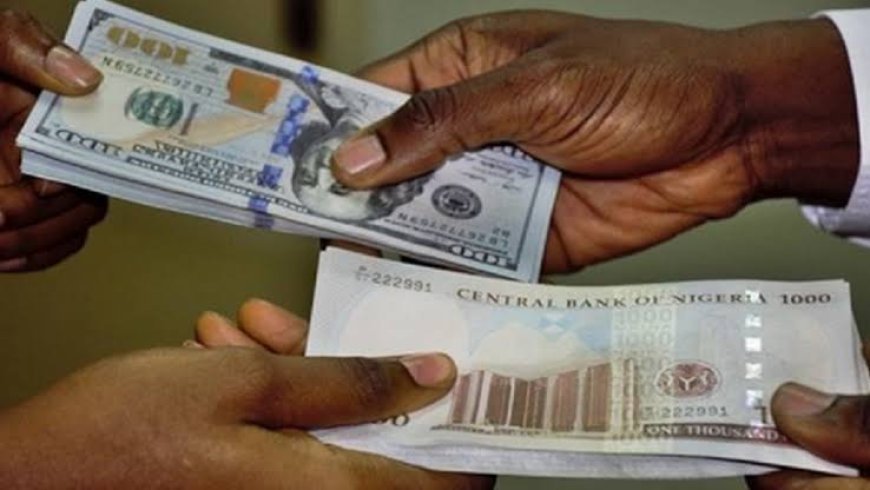Why Nigeria Currency Exchange Mess Is So Hard to Fix
Why Nigeria Currency Exchange Mess Is So Hard to Fix

Nigeria’s foreign exchange rate policy has long been as clear as the crude oil that underpins Africa’s largest economy. Businesses and investors have had to contend with multiple exchange rates, contradictory statements from officials and differences of opinion between the central bank and the finance ministry over how the naira should be managed. President Bola Tinubu, who took office in May 2023, pledged to overhaul the currency regime with a view to attracting more investment, but the process has been bumpy. The value of the naira has plummeted and it continues to trade at a discount on the parallel market because dollars are in short supply.
Nigeria is Africa’s largest producer of oil, which accounts for more than 90% of foreign-exchange earnings. Plunging crude prices starting in 2014 caused an economic squeeze. Rather than devalue the naira, the central bank in 2017 opted to implement one rate for government transactions, pegged to the US dollar, and a weaker, market-determined rate for investors and exporters known as the Nafex. Other rates were instituted for travelers and small and medium-sized enterprises. The system was aimed at improving liquidity and encouraging dollar inflows, but it failed to deliver. A currency black market that valued the naira at less than the official rate sprang up to meet pent-up demand for dollars. The official and parallel rates almost converged after Tinubu’s reforms were announced, but the spread has since widened.



























![MOVIE: HOUSE OF THE DRAGON S2 [DOWNLOAD]](https://ngrtoday.com/uploads/images/202407/image_430x256_668bb73088dfd.jpg)
















![MOVIE: HOUSE OF THE DRAGON S2 [DOWNLOAD]](https://ngrtoday.com/uploads/images/202407/image_140x98_668bb7308ec25.jpg)



